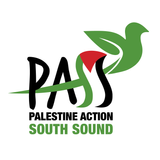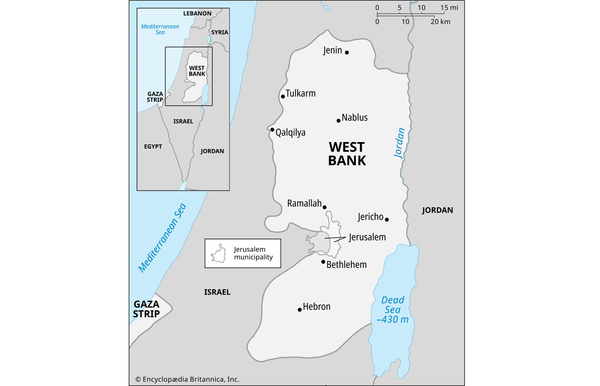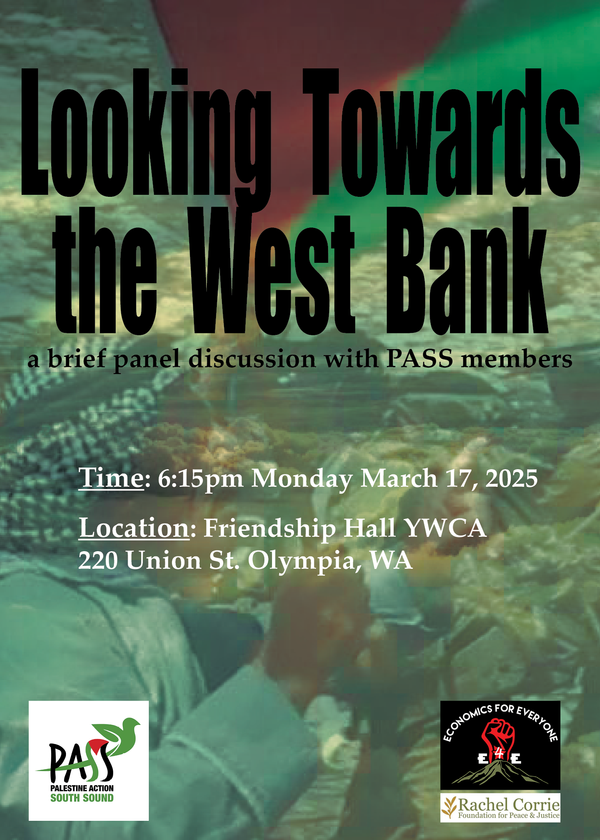Pulse of Palestine with Zarefah and Ramzy Baroud Video (10/19/24)
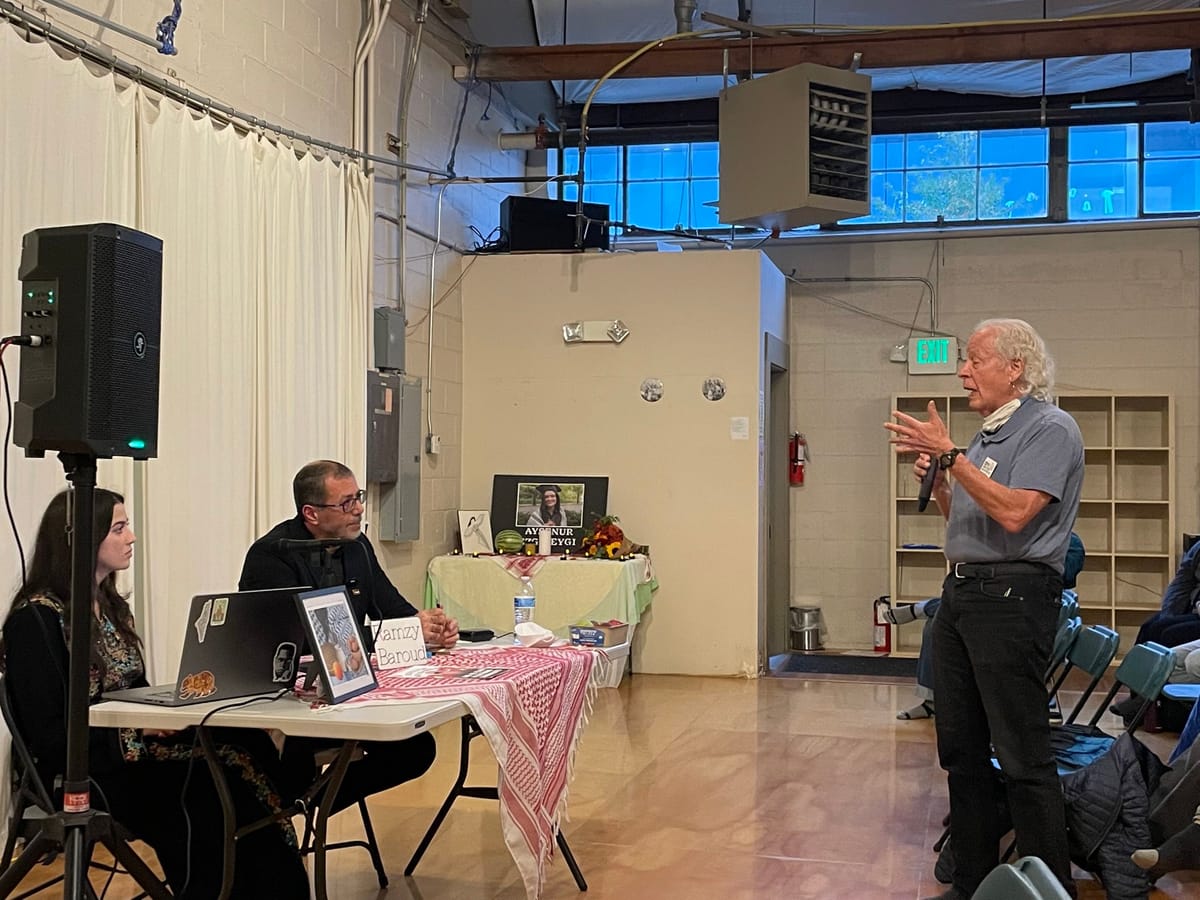
Transcript of Introduction by Antonio Fidel:
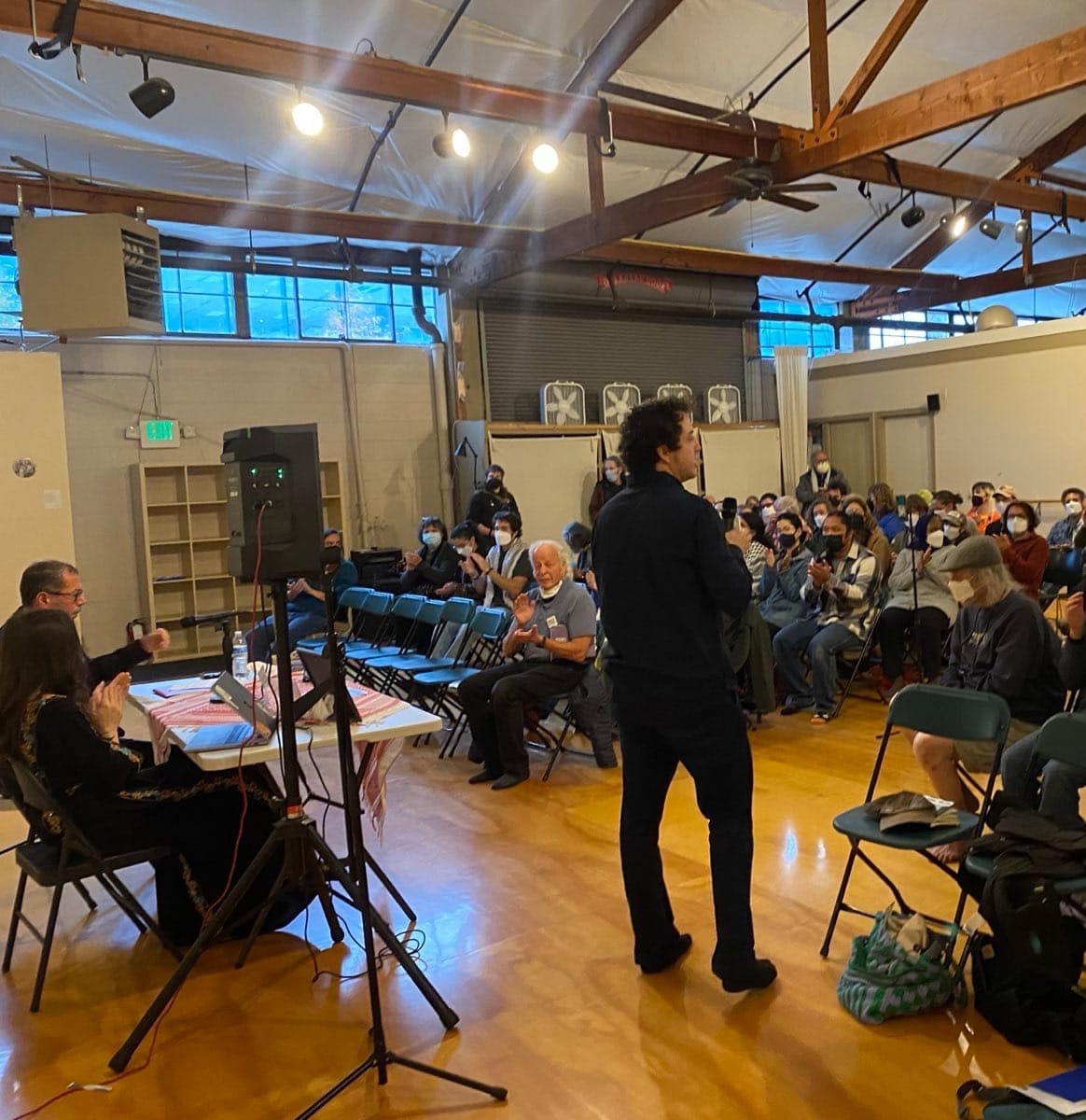
Welcome to Pulse of Palestine: Resistance and Prisoners. We are fortunate to hear from two incredible writers and activists whose wisdom is surpassed only by their passion. They have inherited generations of Palestinian resistance and have chosen to share that with us in Olympia this evening .
Let me start by describing My Father was a Freedom Fighter, a powerful book by Ramzy Baroud. It is poetic and educational but its value extends beyond being an eloquent history of his family and the village of Beit Daras from which they come. Ramzy’s grandparents were farmers. Peasant life in Beit Daras was not luxurious but it provided dignity. A dignity that was stolen when Beit Daras fell victim to Israeli Prime Minister Ben Gurion’s ethnic cleansing in 1948. Food that once was the fruit of their own labor was now provided in a burlap bag by some western country or by the United Nations inside destitute refugee camps.
Yet time and time again, persecution after persecution, displaced Palestinians refuse to give up on their aspirations of returning home. Ramzy has said that some frame land theft as a material struggle which in part it is. But to Palestinians like Ramzy’s ancestors who lived on small plots, the relationship to the land is not something that can be measured in tangible value. It is a sacred bond that can not be broken and is passed on to the children and grandchildren and great grandchildren of Al-Nakba.
Just as Ramzy Baroud was born into a long struggle, so too is his daughter Zarefah Baroud. She recently penned an article for Al-Jazeera, appropriately titled Beit Daras and Gaza: An intergenerational tale of struggle against erasure. Zarefah wrote that despite facing a well-equipped British-trained militia, the villagers of Beit Daras held their ground for almost two months in a valiant struggle. Zarefah and Ramsey are profoundly committed to the oral history of Palestine and carry with them an intergenerational legacy of anticolonialism.
Political prisoners are another critical element of any anticolonial struggle. Zarefah has written extensively about the inhumane conditions that Israel imposes not only upon those in the open-air prison of Gaza but upon incarcerated Palestinians behind bars. Since its’ 1967 occupation of the West Bank, East Jerusalem, and the Gaza Strip, Israel has arrested an estimated one million Palestinians.
In the US and in occupied Palestine, the state attempts to erase prisoners from our collective consciousness and undercut the revolutionary potential held by the masses. We must not forget that during the buildup to the first Intifada, a time when Palestinians were heavily repressed for publically congregating or even waving Palestinian flags, the prison yards became key sites of political mobilization. Thank you, Zarefah for reminding us that our vision of justice is incomplete if we overlook prisoner solidarity.
In the English-speaking world, many who support an immediate ceasefire, fixate on the depravity of Israeli war crimes while ignoring the spirit of Palestinian resistance. We should condemn the ongoing catastrophe. We should take direct action against individuals and institutions of US imperialism that aid and abet Israel’s settler colonial regime. We should provide material and moral support to the besieged people of Gaza and the West Bank. However, we should not reduce Palestinians to passive victims. 76 years later, the struggle continues. As a comrade of mine says, Palestine bleeds but it resists.
Ultimately, Palestinians will be the authors of their own history and destiny.
Below is the full recording of Zarefah and Ramzy Baroud's talks, recorded on October 19, 2024:
